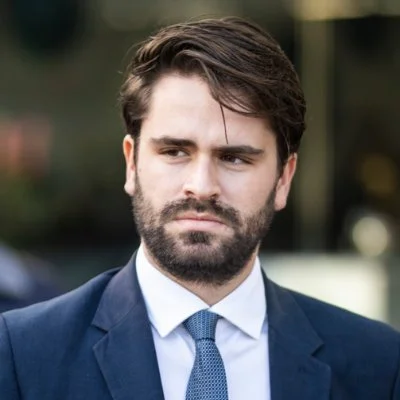Franco-German & Polish Cooperation in the Shadow of the Ukraine Invasion: A Weimar Triangle Perspective
Public Session
05:00 - 06:30 pm, 24th May 2024
The full-scale invasion of Ukraine has underscored the need for urgent diplomatic realignments within Europe. The Weimar Triangle, established in 1991 to facilitate Poland's integration into the European framework, has not fully matured into a constant mechanism for political coordination. However, the current geopolitical climate, marked by swift strategic adjustments in defense and military investments, presents an opportunity for this alliance to evolve into a significant political force.
The 2024-2030 French Military Programming Law (LPM) proposes a 413 billion euro budget over seven years, a significant 200 billion euro increase aimed at military transformation. Germany has undertaken a historic strategic pivot, with an agreement for an extra 100 billion euro investment in the Bundeswehr through a special fund. Poland, on its part, plans to elevate its defense spending from 2.4% to 5% of GDP, aiming for a 300,000-strong military by 2035, with Defense Minister Mariusz Błaszczak asserting in July 2022 that Poland would possess "the most powerful land forces in Europe." Yet, the Franco-German cooperation faces challenges due to differing approaches to enhancing European security. Whereas, the re-election of Donald Tusk has provided new momentum to reinvigorate this forum. In this context, the Weimar Triangle could emerge as a vital strategic platform for addressing these issues.
This panel will tackle the imperative of enhancing diplomatic and defense collaboration and the potential for unified efforts within the Weimar Triangle amidst national divergent policy views. It will scrutinize the unfolding strategic challenges, zones of strategic convergence, and unprecedented cooperative prospects among the trio. The aim is to craft a suite of policy recommendations to invigorate the Weimar Triangle, underlining its increasingly crucial role in the geopolitical arena.
Moderated by Amélie Jaques-Apke
Amélie is one of two co-founders and the director general of the Young Security Conference. She is a Franco-German political analyst and researcher with experience in European Affairs and diplomacy across Europe and the Americas.
Speakers
-

Bart Kot
Program Director, Warsaw Security Forum
Bart Kot is Program Director of the Warsaw Security Forum. He is responsible for conceptualising and managing the agenda of the conference, as well as building relationships with the key partners: speakers and institutional partners. He gained his policy research experience as analyst in Pulaski Foundation, Poland’s Top Defence & National Security Think Tank, as well as in the Brussels Bubble: working with the Wilfried Martens Centre for European Studies – European People’s Party official think tank, also ranked as the 11th Best Think Tank with a Political Party Affiliation worldwide. In addition to that, he has also supported private sector consultancy in ZN Consulting – the leading digital advocacy agency in Brussels with a portfolio encompassing EPP, Coca-Cola & Pfizer. Since the start of the War in Ukraine 2022, Bart has been active in the field of advocacy, becoming Strategic Policy Advisor to the International Center for Ukrainian Victory, the advocacy centre established by Ukrainian MPs and civil society activists. In this capacity he actively provides advice on key policy components, as well as supports contacts between key international stakeholders and Ukrainian politicians. Since 2022 Bart's new responsibilities within the Pulaski Foundation and the Warsaw Security Forum network include establishment of the newly forming Advocacy Office.
-

Denys Kolesnyk
Consultant
Denys Kolesnyk is a French consultant working at the intersection of politics, security, and defence in the CEE region and France, with a particular focus on information warfare and foreign malign influence. He previously worked at the NATO Liaison Office in Kyiv, cooperated with Effective Engagement Strategies, and has been running his consultancy, working with various French and foreign entities. He is also an Associate Expert with the East European Security Research Initiative (EESRI). In 2022, he founded the Info Ops France initiative to enhance the informational resilience of French society. Since the Russian full-scale invasion of Ukraine, he has often been a guest on TV and in the press, commenting on the Russo-Ukrainian war and its implications for France and Europe. Mr. Kolesnyk holds a Master’s Degree in International Relations from Université Paris II Panthéon-Assas. -

Dr Jochen Kleinschmidt
Lecturer and Research Associate, TU Dresden
Jochen Kleinschmidt is Lecturer and Research Associate at the Chair of International Politics at TU Dresden. He received his doctorate from LMU Munich in 2014. Before taking the position at Dresden, he worked at Catholic University of Eichstätt-Ingolstadt, at Universidad del Rosario in Bogotá (Colombia) and at Universidad EAFIT in Medellín (Colombia). He was also a visiting fellow at NATO School Oberammergau (Germany), adjunct lecturer at the University of the German Armed Forces in Munich, as well as visiting lecturer at the Escuela Superior de Guerra in Bogotá (Colombia) and at the George C. Marshall European Center for Security Studies in Garmisch-Partenkirchen (Germany). He studies armed conflict, security studies and military technology, but also questions of political geography. He has published his work in journals such as Alternatives, International Politics, Revista Brasileira de Política Internacional and Small Wars & Insurgencies. He has also commented on topics related to his research to media outlets such as France 24, Al Jazeera, and Bayerischer Rundfunk, among others, and has provided lectures, briefings, or consulting services for defense and security organizations in Colombia, Germany, the United States, and other countries.
-

Romain Le Quiniou
Co-Founder, Euro Créative
Romain Le Quiniou is the co-Founder and Managing Director of Euro Créative, the first think tank in France focusing exclusively on Central and Eastern Europe and dealing with the strengthening of relations (political, economic, societal and cultural) between France and the CEE countries. In parallel, he works for the French Parliament as parliamentary advisor. Before he worked for the International Republican Institute as Program Officer in the Bratislava office (Transatlantic Strategy Division) where he focused on political parties’ capacity building programs.


